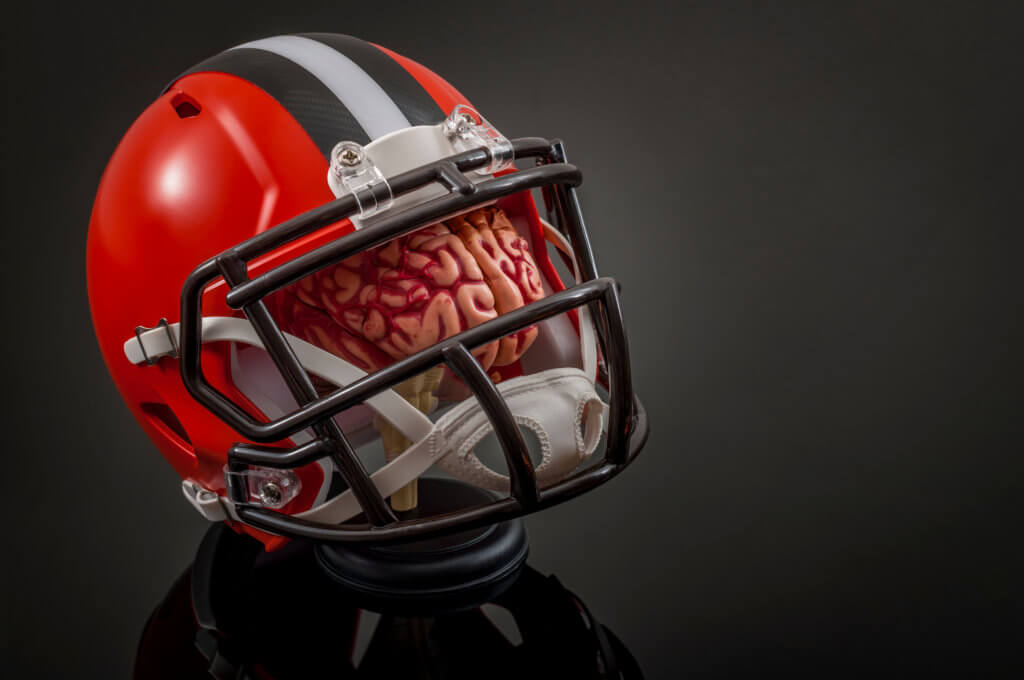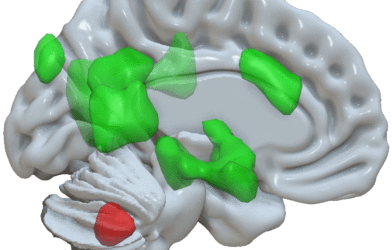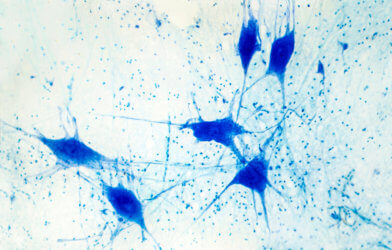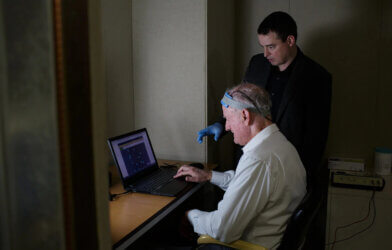With brain injuries a major concern among football players, the National Football League Players Association (NFLPA) is partnering with billionaire investors to develop new tests for early detection of Alzheimer’s disease and other related dementias. It’s part of an additional $50 million in financial commitments announced by The Alzheimer’s Drug Discovery Foundation (ADDF) for its Diagnostics Accelerator program. The group now has $100 million to help speed development of new and innovative Alzheimer’s tests.
Football is a very violent sport. Many NFL players have suffered traumatic brain injuries during their careers. More than 300 former players were found to have the brain disease chronic traumatic encephalopathy (CTE) following their deaths. Another study revealed that former players were three times as likely to die from a neurodegenerative disease like Alzheimer’s.
“Through this partnership with the ADDF, our contributions will help the scientific community advance their research so physicians and patients will have better tools to confirm a diagnosis, and ultimately, prevent and treat this disease,” says DeMaurice Smith, executive director of the NFLPA, in a media release. “Our support of this collaborative research effort reflects the ongoing commitment of our union to improve the health and wellness of our players, other athletes and society at large.”
The NFLPA is part of new funders that include Eli Lilly and Company, Biogen and the Shanahan Family Foundation. Bill Gates, Jeff Bezos, Leonard A. Lauder and the Dolby Family were part of the inaugural funders for the Diagnostics Accelerator program, which was launched in 2018. The program has invested nearly $50 million in more than 40 global research projects. These projects include groundbreaking technologies to detect early and subtle changes that signal Alzheimer’s disease and other related dementias.
“The day will soon come when there will be blood tests, eye scans and smart phone apps to diagnose Alzheimer’s, just as simple tests can diagnose hypertension, diabetes or high cholesterol,” says Dr. Howard Fillit, co-founder and chief science officer at the ADDF. “We cannot slow or stop the course of Alzheimer’s disease without first finding a simple way to diagnose it early, and with support from strategic partnerships like the Diagnostics Accelerator we are well on our way. Our aim is to bring more diagnostic tools to patients and physicians within the next five years.”
The Diagnostics Accelerator seeks to develop diagnostic biomarkers for underlying causes, which include inflammation, metabolic dysfunction, diminished blood flow and genetic alterations. Dr. Fillit says, in the future, precision medicine will allow physicians to predict which treatments and prevention strategies will work more accurately in different at-risk populations of people who have Alzheimer’s or other forms of dementia.
“We are at a pivotal moment in Alzheimer’s disease research thanks in large part to advances in diagnostics available today,” explains Anne White, senior vice president and president at Lilly Neuroscience, Eli Lilly and Company. “The tests pioneered as part of the Diagnostics Accelerator program may help researchers and doctors identify patients in the earlier stages of disease, consider available therapies, and aid in the development of innovative therapies through clinical trials — all of which has the potential to make life better for people living with Alzheimer’s disease and their loved ones.”
More than 6 million Americans currently have Alzheimer’s, with half of them undiagnosed. That number is expected to triple by 2050.












